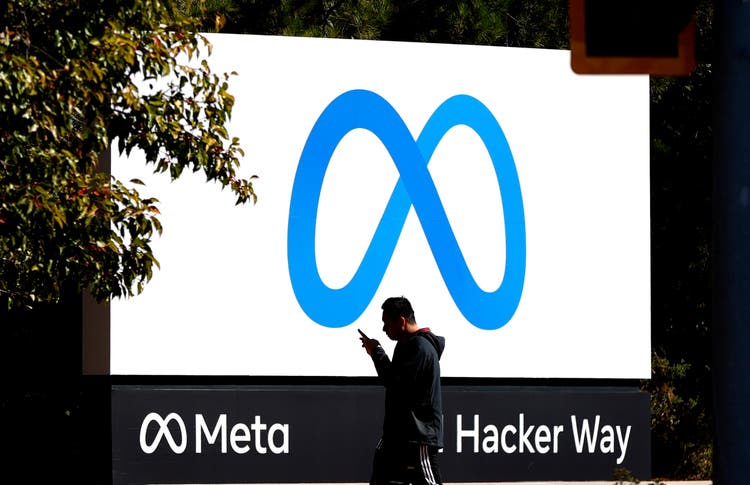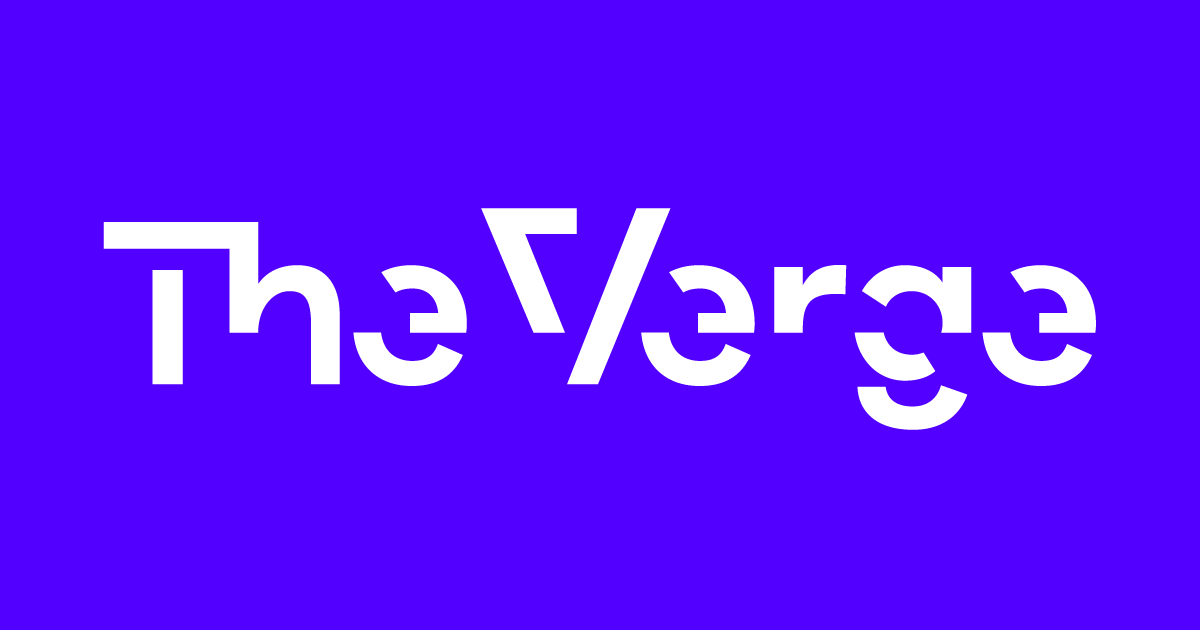
In recent developments, both Alphabet Inc. and Meta Platforms Inc. have held discussions with major Hollywood studios regarding licensing content for their artificial intelligence video generation software, according to multiple reports.
Alphabet's subsidiary Google is developing technology that can create realistic scenes from a text prompt, while Meta is also investing heavily in AI-generated video. The tech giants have reportedly offered tens of millions of dollars to partner with studios in some capacity.
Meanwhile, Meta has been discussing deals with media publishers to pay for using their content to train its artificial intelligence models. Discussions are at an early stage and could involve partnerships, product and legal teams. News articles, photos and video content are among the items being discussed internally at Meta.
Google recently unveiled its AI video generation model Veo during Google I/O this month, while Meta has been researching AI-generated video for some time now. Netflix, Disney, and Warner Brothers Discovery have reportedly expressed interest in collaborations with the tech companies but are not willing to license their content.
Meta's potential deals with news publishers come as it goes all-in on generative AI work. The company may need such access to make its generative AI tools more effective and competitive in the market of generative AI search tools and chatbots. Internal concerns exist about the quality of owned data for training purposes, as user posts and comments on Facebook or Instagram may not be high-quality training data needed for generative AI outputs.
It's important to note that while these developments are promising, they also raise concerns about the potential impact on copyright laws and intellectual property rights. As always, it's crucial to approach such advancements with a critical and informed perspective.

